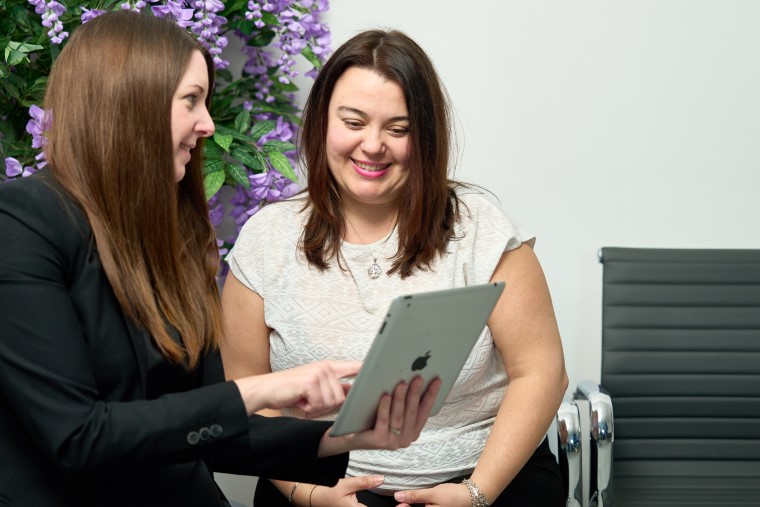- March 14, 2022
- Mr Mrinal Supriya
Last updated on October 1, 2023
As the central feature of the face, even small changes to the nose can have a significant impact on your appearance. It’s essential to be fully prepared for the recovery process as it can take several months before you see the full effect of the operation, and up to a year for the swelling to completely go.
Downtime from a nose job varies, but Mr Supriya will likely recommend that you take a week or two off from work to get through the initial healing period. After the first couple of weeks, recovery becomes much easier.
Protecting your nose following surgery is as important as your recovery process. Thus, there are things you can do to protect your nose following a rhinoplasty nose job.
Table of Contents
ToggleImmediately after surgery
Waking up after rhinoplasty surgery can be disorientating as you may not be able to breathe through your nose. Besides being covered with an external splint, you may have an internal splint or packing in the nostrils as well. Some patients experience swelling and bruising depending on what type of rhinoplasty you have undergone, but expected at this stage. Even with the packing removed, breathing can prove difficult for the next few days until the swelling and bruising lessens.
You should arrange for someone to drive you home and for someone to stay with you for the first 24 hours. Taking painkillers before the anaesthesia completely wears off is encouraged although most patients report that there is very little pain following a rhinoplasty.
The next 7 to 10 days
The splint to support your nose will remain for about 10 days. The absorbable stitches in the nose will also disappear after the same amount of time. You will continue to feel congested, but rarely feel much discomfort.
Swelling and bruising will begin to fade, and to the casual observer your nose job won’t be all that noticeable. You’ll probably be ready to return to work at this point, but you will have to avoid strenuous activity and heavy lifting.
After a nose job it’s normal for your skin to be extra sensitive, so you’ll have to limit your sun exposure. Get plenty of rest and maintain a healthy diet: your body requires lots of energy while healing so it’s important to get seven to eight hours of sleep a night and replenish the body with the nutrients it needs to heal itself.
Clothing – Try to avoid wearing pullover clothes. Buttoned or zipped clothing, or pullovers with a very wide collar, is best at this stage.
Glasses – Do not rest glasses or sunglasses on the nose to prevent pressure.
Sneezing – You will really need to avoid sneezing and should not blow your nose for at least a week.
Painkillers – It is not advisable to take products that contain ibuprofen or aspirin for a week after your procedure.
The first month
You will start to look and feel recovered at this point. You may still have some swelling, most notably around the tip of the nose, but you will now be able to see the initial surgical results clearly.
You should be cleared for light cardio activities, and you’ll probably be able to wear glasses or sunglasses now. You should continue to avoid blowing your nose for at least six weeks.
Full recovery
Day by day you’ll notice your nose becoming more refined as the swelling continues to decrease. After 6 months to a year your nose will have healed on the inside and outside, and you’ll see your full results.
Any numbness or changes in sensation in the nose and nasal skin should be fully resolved three to six months after surgery.
Thinking of Rhinoplasty?
Rhinoplasty offers you the chance to improve the shape and size of your nose, bringing it into balance with the rest of your facial features to enhance your overall appearance. To begin your own journey, it starts with a video consultation. Click here to book it online, or give us a call on 07590 817036.

About The Author
Mr Mrinal Supriya
Mr Mrinal Supriya is the Divisional Director of Surgery. He is highly experienced Head and Neck Surgeon, specialising in facial cosmetic surgery. He is the clinical director for head and neck service in Northamptonshire and works as an ENT Consultant. He is the lead head and neck robotic surgeon at the University hospital of Northamptonshire (2023). Previously, he held the post of ENT, Head and Neck consultant at St.George’s University Hospital, London and at Ninewells University Hospital, Dundee.
Categories
Categories
- About British Face Clinic (5)
- Blepharoplasty (5)
- Buccal Fat (1)
- Deep Plane Facelift (14)
- Facelift (4)
- Neck Lift (1)
- Non-Surgical (3)
- Otoplasty (4)
- Rhinoplasty (15)



